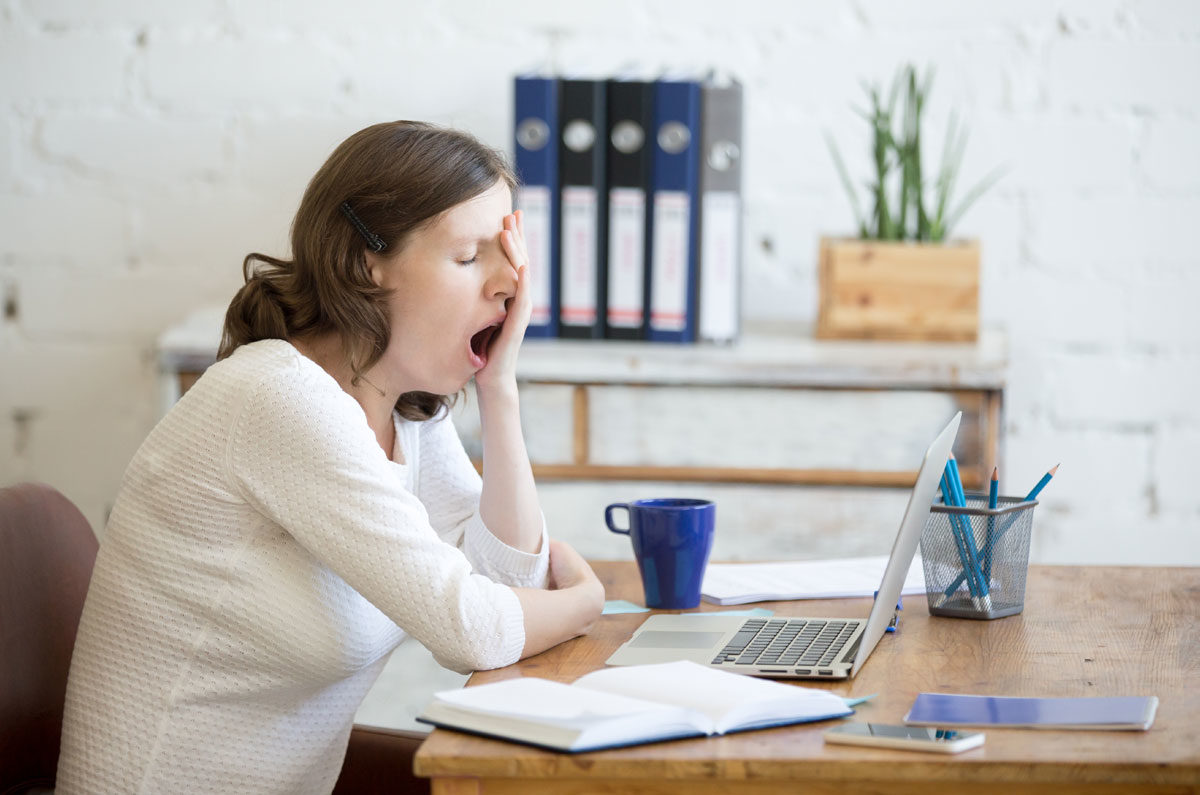Fatigue…what a yawn!
February 1, 2019 by Lisa Bywaters

We all get tired. We overdo things and feel physically exhausted. It happens to us all.
But something that most of us living with a chronic, painful condition experience, and that can be hard for others to really understand, is fatigue.
Fatigue’s that almost overwhelming physical and mental tiredness. It may be caused by lack of sleep, your medications, depression, your actual condition (e.g. rheumatoid arthritis) or just the very fact of living with persistent pain.
Fatigue can make everyday activities seem too hard, and can get in the way of you doing the things you enjoy. The good news is there’re many things you can do to manage fatigue.
They include:
- Exercise and being active – while this may sound like the last thing you should do when you’re feeling fatigued, exercise can boost your energy levels, help you sleep better, improve your mood, and it can help you manage your pain. If you’re starting an exercise program, start slowly, listen to your body and seek advice from qualified professionals.
- Frankie says relax – listening to music, reading a book, taking a warm bubble bath, meditating, deep breathing, visualisation, gardening, going for a walk…they’re just some of the ways you can relax. By using relaxation techniques, you can reduce stress and anxiety (which can make you feel fatigued), and feel more energised.
- Eating a well-balanced diet – this gives your body the energy and nutrients it needs to work properly, helps you maintain a healthy weight, protects you against other health conditions and is vital for a healthy immune system. Make sure you drink enough water, and try and limit the amount of caffeine and alcohol you consume.
- Pace yourself. It’s an easy trap to fall into. On the days you feel great you do as much as possible – you push on and on and overdo it. Other days you avoid doing things because fatigue has sapped away all of your energy. By pacing yourself you can do the things you want to do by finding the right balance between rest and activity. Some tips for pacing yourself: plan your day, prioritise your activities (not everything is super important or has to be done immediately), break your jobs into smaller tasks, alternate physical jobs with less active ones, and ask for help if you need it.
- Get a good night’s sleep – it makes such a difference when you live with pain and fatigue. It can sometimes be difficult to achieve, but there are many things you can do to sleep well, that will decrease your fatigue and make you feel human again.
- Talk with your doctor about your meds – sometimes fatigue can be caused by medications you’re taking to manage another health condition. If you think your medications are causing your fatigue, talk with your doctor about alternatives that may be available.
So that’s fatigue…it can be difficult to live with, but there are ways you can learn to manage it. Tell us how you manage. Share your tips for managing fatigue.








